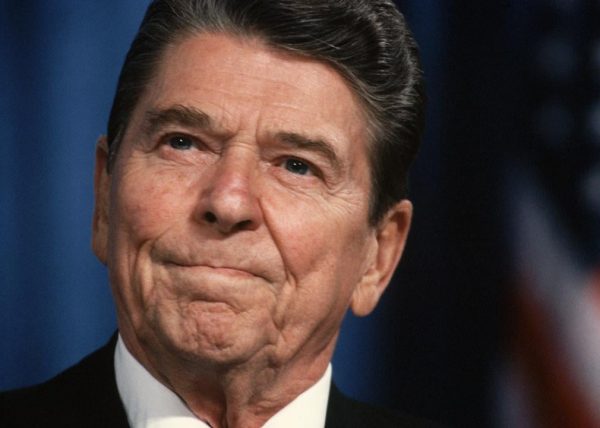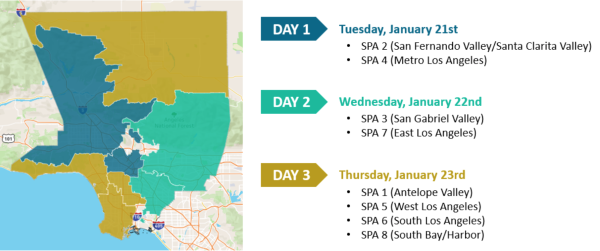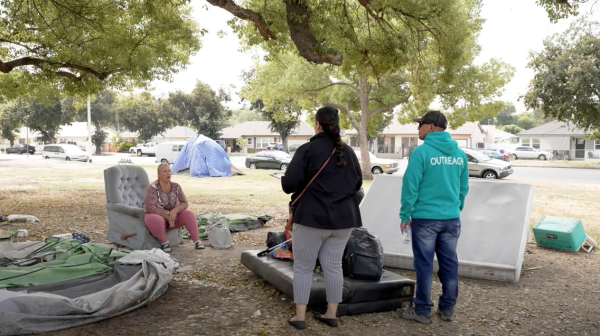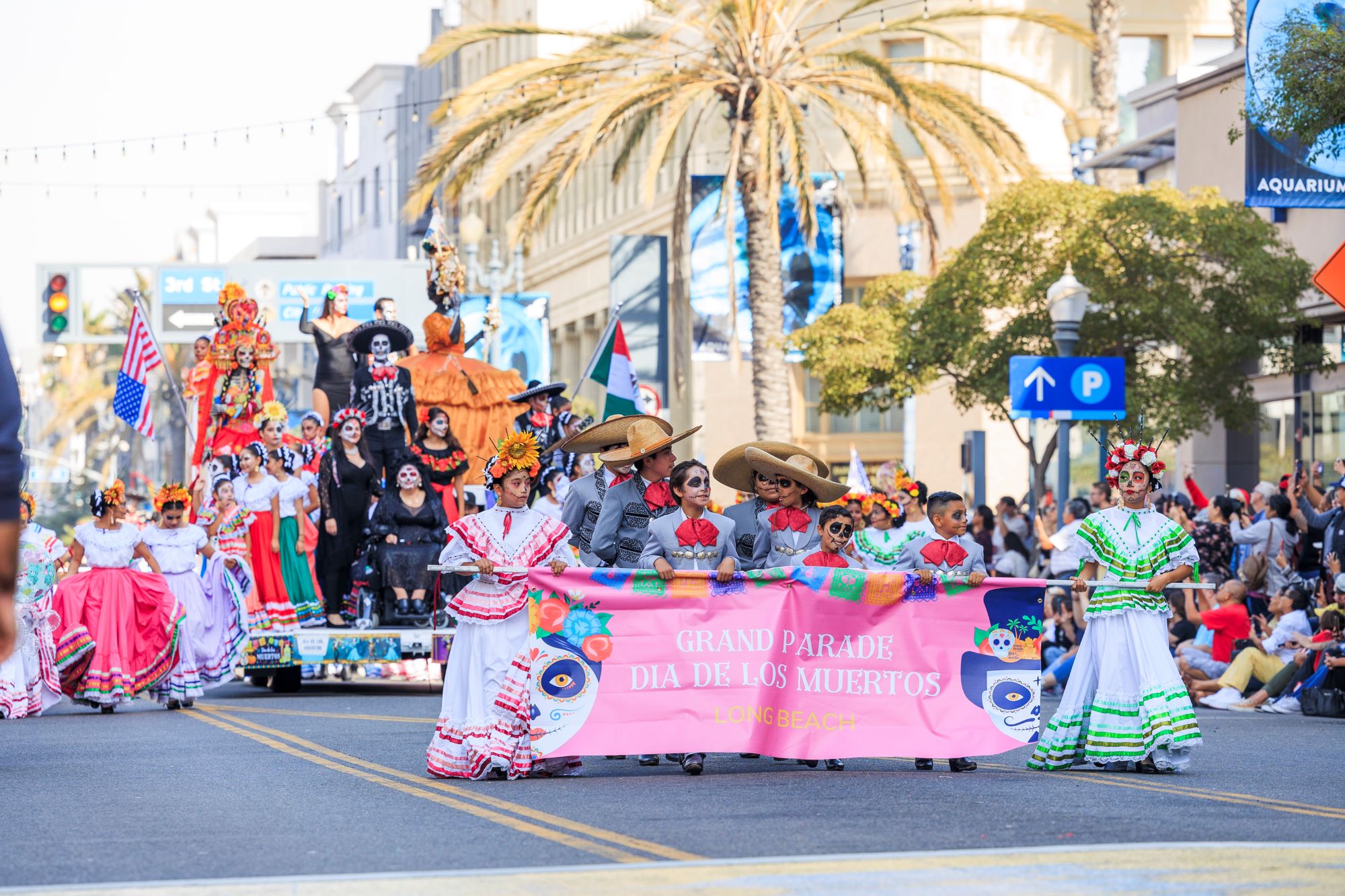The evergreen questions raised by the label “conservative” are: Conserving what and from whom?
One popular answer to this question, asserted by many American conservatives and liberals alike: that proper conservatives are devoted to “small government” or engaged in protecting “individual liberties” from a big government. These are slogans of today’s Republican Party, but there’s no good argument to believe that the party behind the War on Drugs (Richard Nixon, and later Ronald Reagan, George H.W. Bush, and every Republican since), the PATRIOT Act (George W. Bush), the first and second Iraq War (both Bushes), massive police funding, eliminating the right to abortion, Don’t Say Gay laws and school book bans are, in any way that makes sense, devoted to “limiting” the power of the government. To make sense of the word “conservative,” the Economic Hardship Reporting Project and Teen Vogue dug deeper than headlines and slogans.
Like a lot of political vocabulary — see also: “left” and “right” — the political meaning of “conservative” came as a result of the French Revolution of 1789, when democratic radicals deposed the monarchy and the aristocracy. Soon after, in 1818, defenders of the French Old Regime founded a pro-monarchy journal, Le Conservateur, that first used “conservative” in the modern, political sense. The magazine listed what it stood for in its first issue: “religion, the King, liberty … and upstanding people.” These were the things under threat from the new society formed after the Revolution.
Modern-day conservatives don’t necessarily want to protect or “conserve” the same things as their 19th-century brethren — not too many Americans will admit to being monarchists. But they do share a fundamental dilemma with their French forebears: Defining yourself in terms of an old order and its enemies makes it difficult to explain the sort of future you want to build. On one hand, conservatives defend tradition and duty; on the other, the definitions of these things shift with every generation. And what good is a tradition if it changes all the time?
In 1790, the Irishman Edmund Burke authored Reflections on the Revolution in France, a polemic against the revolution that has become the foundational text of English-language conservatives. Burke didn’t share the backward-looking attitude of Le Conservateur. Burke conceded that societies needed to transform over time, but he argued for a principle of social change that followed the examples of changes in “nature” or families, that is, slowly, over generations, and never all at once. Burke thought society should “conserve” what is worthy about past traditions, making judgments about what should and should not endure. This is the difference between a preservative, which preserves something, whether it be strawberries or something else, just the way it was, and a conservative, which conserves something about it. As Burke wrote, “A state without the means of some change is without the means of its conservation.” In other words, a society and its traditions cannot endure unless it can also change.
This brings us back to the original question: What should change and what should endure, and what is the principle by which one decides? Again, conservatives face the problem of defining themselves negatively, against what they dislike. “Liberal,” by contrast, takes its name from a positive ideal — liberty. “Conservative,” much like “progressive,” names only an attitude about political change over time. In 1960, the economist Friedrich Hayek, who many people would describe as politically conservative, wrote an essay titled, “Why I Am Not A Conservative,” in which he argued that conservatives had not overcome this basic problem. “By its very nature,” Hayek wrote, conservatism “cannot offer an alternative to the direction in which we are moving.” It defined itself only against other political identities, he wrote, decrying what it is against without offering a positive direction of its own.
Political scientist Corey Robin has recently argued that conservatism’s most consistent traits are 1) A veneration of hierarchy and order and 2) A fear of the lower orders. “Though it is often claimed that the left stands for equality while the right stands for freedom,” wrote Robin in his 2011 book The Reactionary Mind, “this notion misstates the actual disagreement between right and left. Historically, the conservative has favored liberty for the higher orders and constraint for the lower orders.” And, he goes on, it has historically defined itself against the movements it opposes.
To be fair, all political persuasions define themselves, in part, by what they are against. But it’s especially true of conservatism, whose very name signals commitment to conserving something being lost or taken away. This helps explain the never-ending identity crisis that shapes so much of the culture of American conservatives, which is engaged in constant arguments about what it means to be a true conservative and the confessional mini-genre of articles called, “Why I Am A Conservative.” It also explains why so many on the right battle phantoms like “wokeness,” “critical race theory” or the “gay agenda,” forever seeking new enemies to define themselves against. Seeking a more positive definition, the Conservative Political Action Conference, or CPAC, defines conservatism as “the political philosophy that sovereignty resides in the person.” Unfortunately for CPAC, plenty of political philosophers would say this is also a definition of “liberalism.”
One of the most eloquent rejoinders to the veneration of tradition in conservative thought comes from the American revolutionary Thomas Paine, who criticized Burke’s opposition to the French Revolution. What, Paine asked, are you actually for? Like American conservatives who proclaim their commitment to “conservative values” in a society riven by inequality, fear and violence, Paine thought Burke was enchanted more by talking about virtue than he was by building a society that supported it. Burke “pities the plumage,” wrote Paine, “but forgets the dying bird.”
Written by John Patrick Leary.
This story was produced by the Economic Hardship Reporting Project and Teen Vogue, and reviewed and distributed by Stacker. The article was retitled and copy edited from its original version.
Re-published with CC BY-NC 4.0 License.







